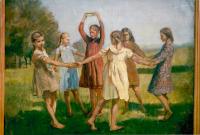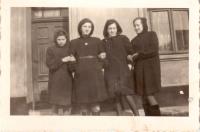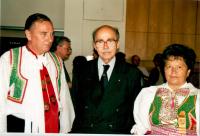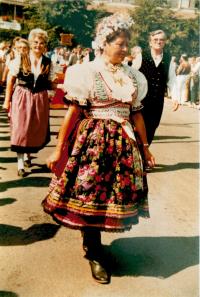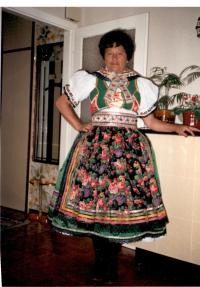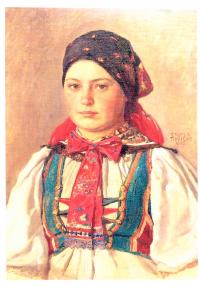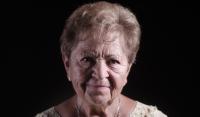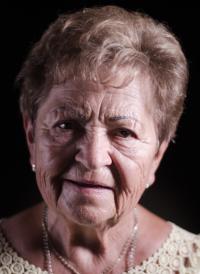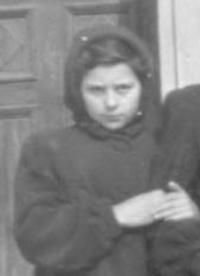Mother was alone and she cried and cried. I thought: Oh God, why is she crying so much? We’ll just live in some other place, so what?
Stefanie Marek (née Hubená) was born in 1930 in Frélichov. Croatian was spoken at home, but Stefanie attended a German school in nearby Drnholec. She learnt Czech only after the war, when she and her mother and siblings were sent to work with a farmer in Czech Vohančice near Tišnov. In 1949 the family succeeded in their dramatic escape to Austria, then they lived in various places in Lower Austria and later in Vienna. Although she uses Croatian only rarely, she still knows the language.

